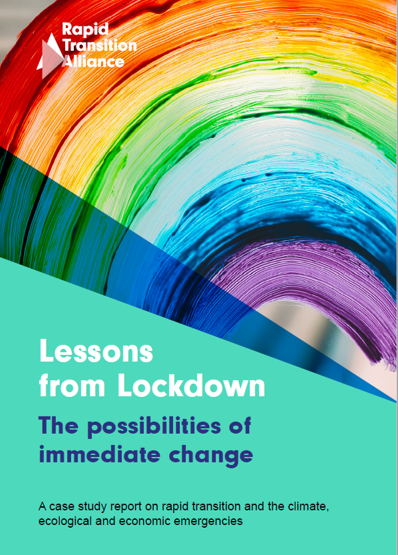 Flying to attend a conference might swiftly be replaced by holding an event online. Many people have started to grow their own vegetables at homes, allotments and community gardens. Reactions to the novel coronavirus, SARS-CoV-2, in China have led to emissions reductions in different industrial sectors ranging from 15%–40%. What if plummeting levels of air pollution gave the public a lasting taste for cleaner air, could it shift expectations and open up new possibilities for change?
Flying to attend a conference might swiftly be replaced by holding an event online. Many people have started to grow their own vegetables at homes, allotments and community gardens. Reactions to the novel coronavirus, SARS-CoV-2, in China have led to emissions reductions in different industrial sectors ranging from 15%–40%. What if plummeting levels of air pollution gave the public a lasting taste for cleaner air, could it shift expectations and open up new possibilities for change?
This report brings together lessons from the experience of the Covid-19 pandemic ranging across our transport and food systems, working life, arts, culture and consumerism, nature, the logistical challenges of achieving rapid change, mutual aid and leadership during crises by communities.